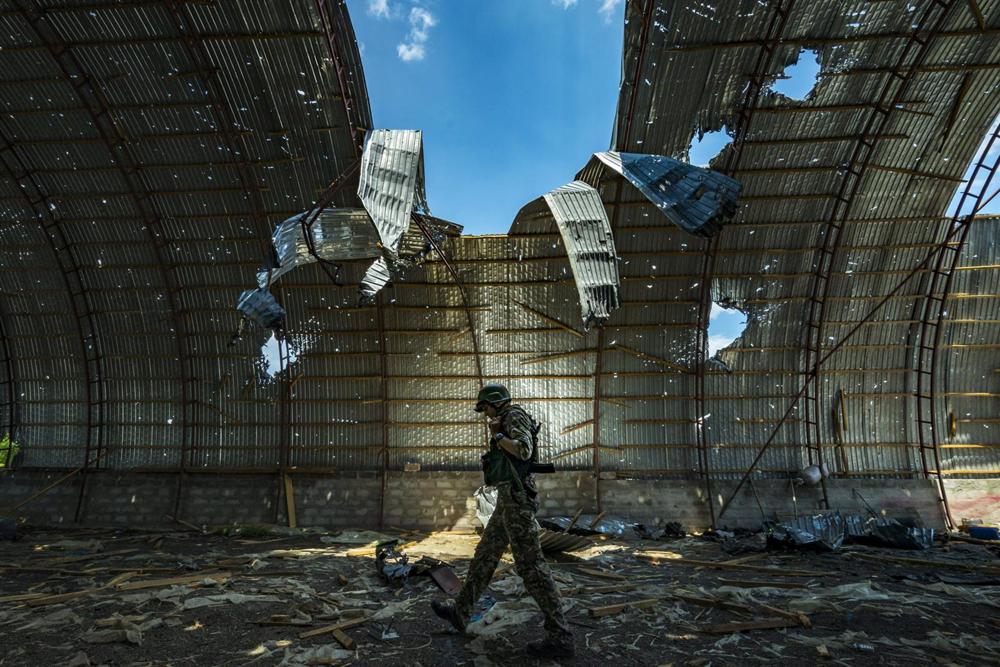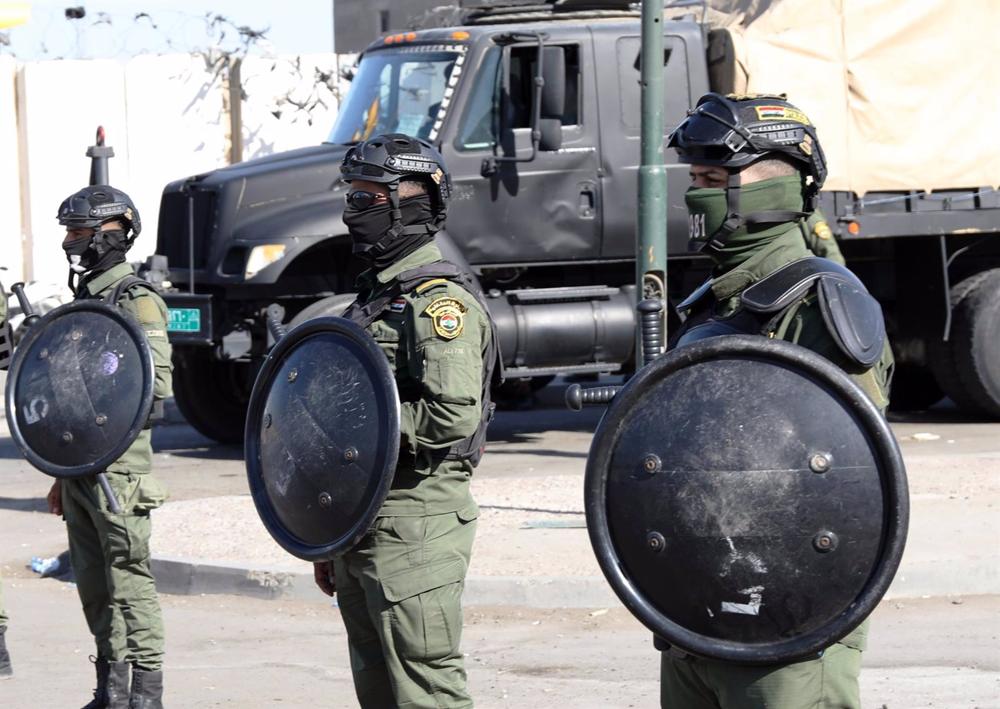
The National Anti-Corruption Bureau of Ukraine (NABU) on Monday reported the launch of an investigation into alleged maneuvers by the Ministry of Defense to inflate the prices of food purchased for the military.
The agency has released a statement on its official Facebook channel where it claims that the information, previously published by the newspaper ‘Dzerkalo Tijnia’, was already known to it and was being investigated before the weekly brought it to light.
The Ukrainian Defense Ministry already came out on Sunday to deny a report in which it is accused of inflating food prices, although it announced the launch of an internal investigation to alleviate concerns about it.
«Information on the content of food services procurement, distributed in the public space, has been disseminated with signs of deliberate and misleading manipulation,» the ministry lamented in response to the report in ‘Dzerkalo Tijnia,’ one of the country’s most reputable weeklies.
For his part, the Minister in charge of the area, Oleksei Reznikov, has warned that the authorities will prosecute and bring to justice the person responsible for having delivered the food procurement contracts to the aforementioned media.
In a Facebook statement, Reznikov informed that, at his request, the chairman of the committee for National Security of the Verkhovna Rada, Oleksander Zavitnevich, has been invited to a meeting with representatives of NABU and National Security to address the issue and make sure that all branches are «on the same page».
On the other hand, he has pointed to the creation of an investigation into the procurement process, which, although it will place an «additional burden on the Defense Ministry,» is necessary and the portfolio is «ready to do it.»
According to documents provided by the media, the Ukrainian Army was buying, for example, eggs at 17 grivnas per unit (0.43 euros) when on the street they are sold at 7 grivnas (0.18 euros) under an agreement for the provision of food valued at 13.6 billion grivnas (about 340 million euros) for military units stationed in the regions of Poltava, Sumi, Kiev, Yitomir, Chernobyl or Cherkasi, far from the front.
Source: (EUROPA PRESS)






